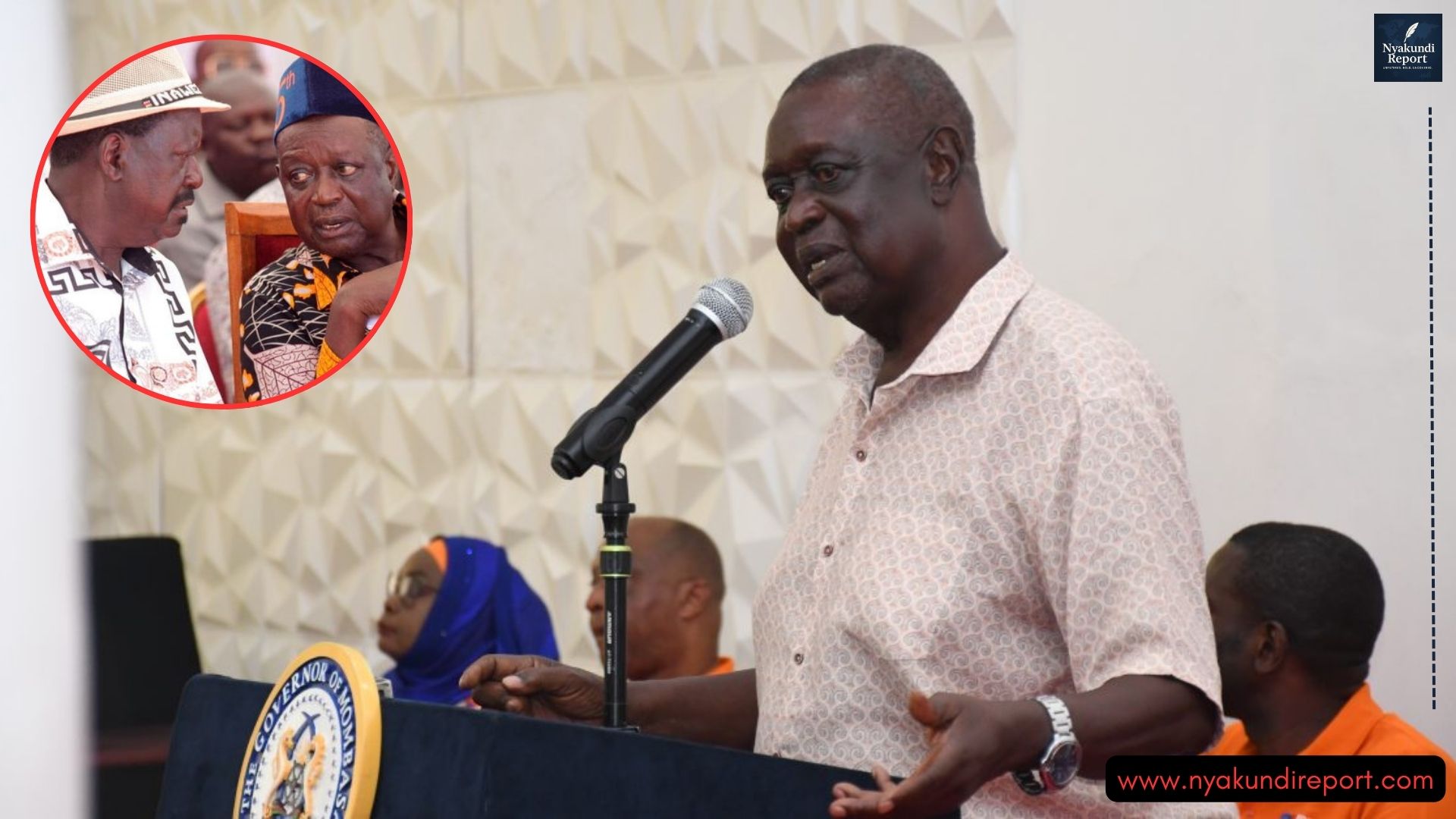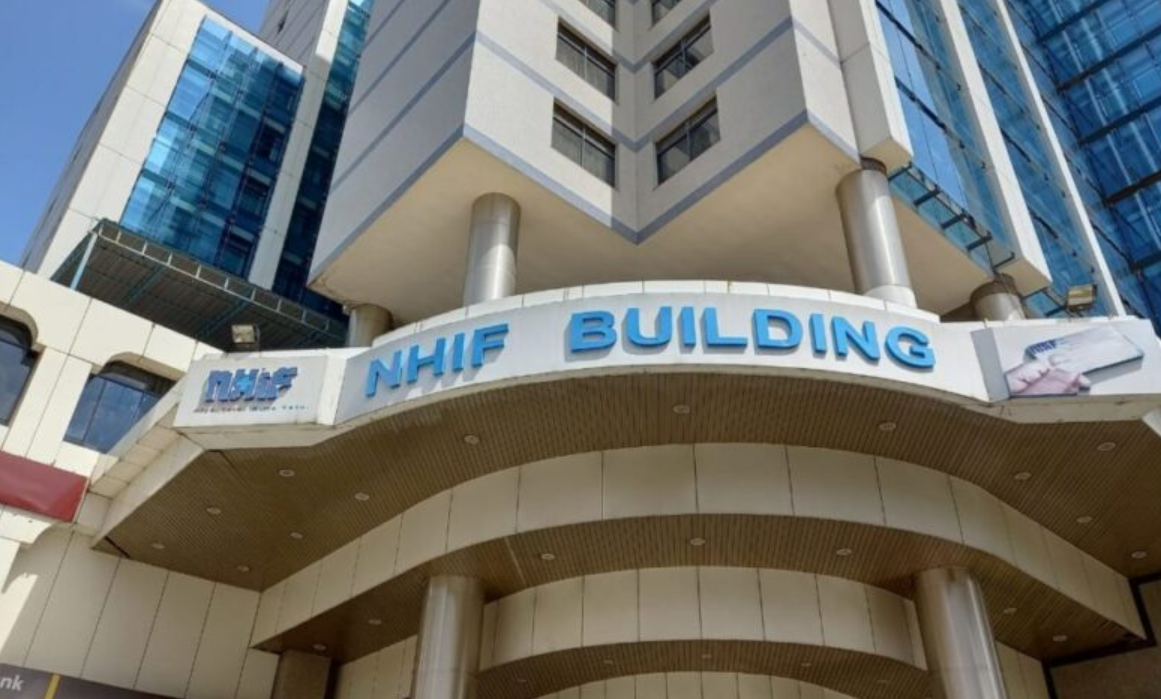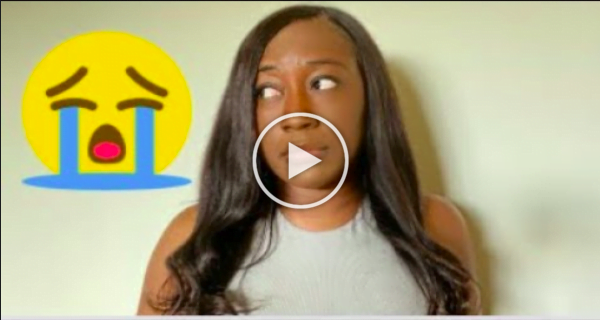Oburu Odinga, the elder brother of the late Raila Odinga, has given a heartbreaking account of his final conversation with the former Prime Minister just hours before his sudden death.
In an exclusive interview with NTV on Sunday night, the Siaya Senator revealed that the two had spoken cheerfully and even planned to reunite in Dubai later that week. His recollection sheds light on Raila’s final days, his health struggles, and the private efforts made to save his life.

Oburu Oginga’s Final Phone Call With Raila
Oburu recalled speaking with Raila the night before his death. He said his brother sounded upbeat, hopeful, and ready to travel. The two had made plans to meet in Dubai after Raila’s discharge from the Sreedhareeyam Ayurvedic Centre, where he was recuperating.
“I spoke with him the night he died, and he was in very good spirits. We talked over a lot of issues,” Oburu said emotionally.
According to him, Raila was to be released from the facility two days later and was scheduled to spend four days in Dubai. Oburu was also set to fly there on Sunday.
“He was to meet me that weekend. That was Tuesday night, and he was to travel on Friday. I was to travel Sunday. We planned to meet there,” Oburu recounted.
The following morning, his sister called to inform him that Raila had collapsed. “I was preparing to go play golf when I got the call. I almost collapsed myself,” he recalled.
Twenty minutes later, doctors confirmed the devastating news that they had been unable to resuscitate the 80-year-old political icon.
Family Shocked by Sudden Death
Oburu admitted that Raila’s death came as a complete shock, not just to Kenyans, but to their family too. “We believed he was recovering,” he said, adding that reports about Raila’s improving health were accurate.
He explained that Raila was not undergoing any intensive treatment at the Kerala facility when he collapsed. The centre, he said, was mainly for recuperation and traditional therapy—a place their family had frequented for years.
Before travelling to India, Raila had been treated in Nairobi for a blood clot in his head. However, the strong medication prescribed locally had weakened him. “They were using steroids that were wearing him down, which is why he missed some public events,” Oburu explained.
Among those events was the burial of former Rongo MP Dalmas Otieno, which Raila missed on September 20, sending his brother to represent him. Around the same time, ODM postponed its 20th-anniversary celebrations that had been scheduled for mid-October.
President Ruto’s Role in Raila’s Treatment
In a rare show of unity, Oburu praised President William Ruto for facilitating Raila’s transfer to India for specialised care. He revealed that after Ruto’s return from the UN General Assembly, the President met Raila and insisted that he travel to India for advanced treatment.
“We discussed in detail that there was a condition, and we agreed he must go immediately,” Oburu said. “The President even consulted his own doctor, who confirmed India had better equipment for the procedure.”
Within 24 hours, a private jet arranged through the government transported Raila to Mumbai, where doctors successfully cleared the clot. “By the time he left hospital, he was up and about. He then went to Kerala to recuperate,” Oburu added.
Oburu acknowledged that although the family could have eventually taken Raila to India, Ruto’s swift intervention saved crucial time. “The President took that matter very seriously,” he said.
The Siaya Senator described Ruto’s help as both personal and professional, noting that despite their political differences, the Head of State had treated Raila with deep respect during his final illness.
The Final Hours and Lingering Questions
Oburu also confirmed being in the same room with Deputy President Kithure Kindiki during a phone call Raila received the night before his death—a conversation that later drew online attention. “He was fine. Nobody imagined he would be gone the next day,” he said.
The late ODM leader had appeared to be regaining strength after his successful treatment in India, which is why his death shocked the nation.
Still, many Kenyans questioned whether the Odinga family and the government had concealed the true nature of Raila’s condition. Oburu dismissed these claims, saying every update released was truthful. “We had no reason to hide anything. He was getting better,” he insisted.
The Senator, visibly emotional, reflected on how his brother’s loss has left a deep void in both his family and the country’s political landscape. He said he continues to draw strength from the legacy Raila left behind—one of resilience, courage, and unwavering belief in democracy.











































